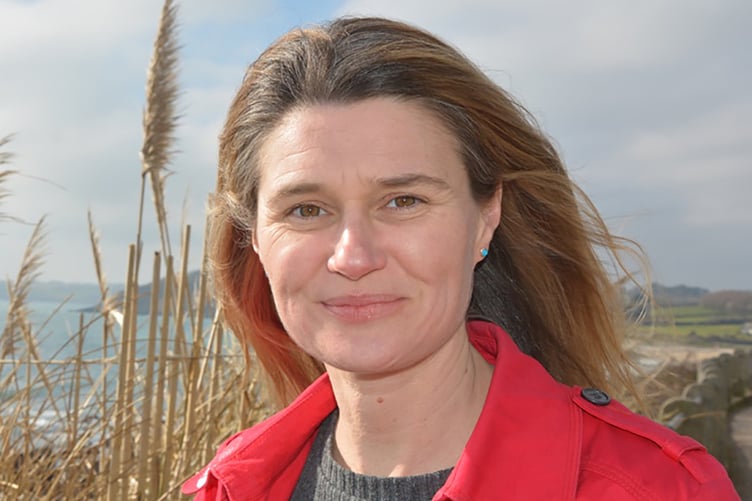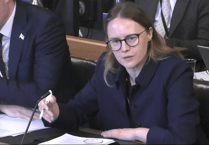My week has been education themed, beginning on Sunday when I took my baby (now 6’3”) to university.
My house is now minus an electronic drumkit and feels very quiet. Universities have been in the news as fees have been frozen since 2017, leaving 40% of universities financially struggling and reliant on international students to make up the gap. However, almost 1.8 million people in the UK are now in at least £50,000 of student debt.
Accommodation is also incredibly expensive across the system. Often the cost of renting one tiny room outstrips the cost of renting a 3 bed house in the area if you put the word ‘student’ in front of ‘accommodation’.
My son attended Truro College before he got his place at uni. Truro & Penwith College is one of the outstanding Further Education providers we have in Cornwall. We are unusual as we rely more on these colleges for our post-16 education than school sixth forms now, and they provide so much: from training nurses and careworkers, engineers and construction tradespeople, to traditional A-levels.
They have historically had less prominence and less funding than other types of educational establishments. However, in a Cornwall where we have more young people not in education, employment or training than the national average, but we have more growing new industries where skills in engineering, construction, tech and so much else will be so important, our colleges will be vital engines of growth for our economy and to set our young people up for those opportunities of the future.
This Labour government has a strong agenda to set up a national skills board and rework the apprenticeship levy amongst other things. I intend to be a loud voice in this government putting the case for our FE providers to get the tools they need to do the job we ask of them.
I have also become one of the Parliamentary vice chairs, along with Conservative MP David Davis and Libdem, Sarah Dyke, of the cross-party ‘F40’ group. This group represents 40 of the local authority areas that have the lowest government funding for education and SEND needs in the country. The historical formula means that rural areas like Cornwall get less funding per pupil than other places.
It can often cost more to educate people in rural areas due to things like the cost and availability of travel. That particularly affects our large FE providers where students often have to travel long distances to more than one setting. We know the importance of making it easier rather than harder for our young people to stay in education and training for as long as they need to pursue their dreams. We also know how broken our SEND support system is.
Working with this group will give me another platform to ensure that Cornwall’s young people have more opportunities under a Labour government than they ever did under the last Conservative one.





Comments
This article has no comments yet. Be the first to leave a comment.